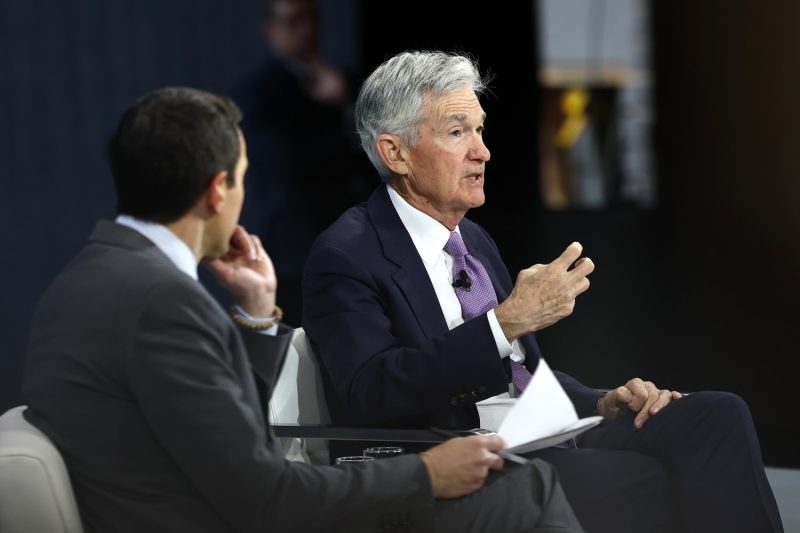In a recent public address, Federal Reserve Chair Jerome Powell discussed the growing prominence and implications of cryptocurrency, particularly Bitcoin, in today’s changing financial landscape. His useful insights may be in part responsible for the significant boost to Bitcoin’s value, which has recently reached the groundbreaking threshold of $100,000.
Powell began his address by acknowledging the digital transformation that the world is witnessing. He emphasized the importance of cryptocurrency in the current economy, underscoring its potential role as an alternative to sovereign currencies like the US dollar. Additionally, Powell acknowledged that the rising interest and investment in digital currencies have at least partially been facilitated by the consistent advancement in technology.
However, Powell also expressed concerns about the potential risks associated with cryptocurrencies. For instance, he hinted at the risk of turbulent price movements, an inherent risk associated with cryptocurrency, which can create financial instability. There’s also the concern for illegal activities, as the blockchain technology that underpins cryptocurrency assures the user’s anonymity, making it easier for people to evade taxes or launder money.
Powell went further to say that he doesn’t see cryptocurrencies replacing the traditional banking system anytime soon. This sentiment can be backed up by the inherent limitations of cryptocurrencies. While they may be useful for storing value and speculating, they are not so practical for more typical functions of money like making everyday transactions due to their high volatility.
Interestingly though, Powell’s viewpoints seemed to imply some sort of acceptance or at least tolerance, which could be a factor that aided Bitcoin’s rally to its current $100,000 valuation. This statement was seen by many as an implicit confirmation from the most influential central banker in the world that Bitcoin and other cryptocurrencies may be here to stay, even though they will not replace traditional forms of money for the time being.
While Powell’s cautious acceptance may be seen by some as supportive for the digital currency industry, the Fed Chair also highlighted the necessity for further research and risk management. Security and consumer protection need to be prioritized to avoid digital currencies being used for illicit purposes, and to safeguard the interests of users who may suffer due to extreme price fluctuations.
From these public statements, it is clear that Powell recognizes both the opportunities and challenges that cryptocurrencies pose. Although hesitant about the risks linked with cryptocurrencies, Powell also seems to recognize their potential value in the modern financial landscape, albeit within reasonable limits and cautionary measures.
